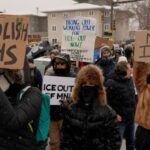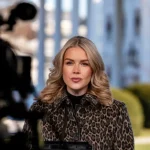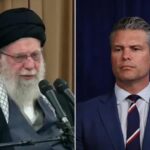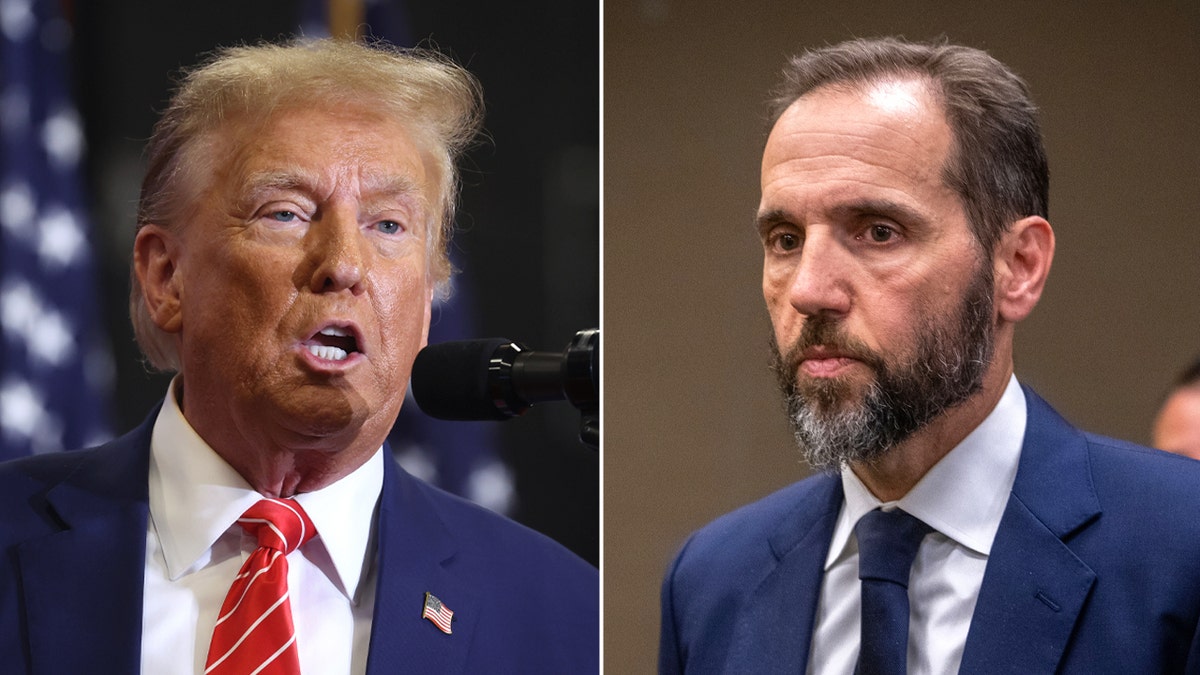
It is the “sleeper” case that could upend the most closely watched criminal prosecution in the nation. And how the U.S. Supreme Court decides the fate of an obscure Capitol riot defendant will have immediate legal and political implications for the former and perhaps future president.
The justices on Tuesday will hold oral arguments in the appeal of Joseph Fischer, one of more than 300 people charged by the Justice Department with “obstruction of an official proceeding” in the Jan. 6, 2021, insurrection in Washington.
That charge refers to the disruption of Congress’ certification of Joe Biden’s 2020 presidential election victory over Donald Trump.
Special counsel Jack Smith has also brought an obstruction charge against Trump, which is among four counts the 2024 presumptive Republican presidential nominee faces. His trial in that case was slated to begin March 4, but the Supreme Court’s decision to hear this case and a separate dispute over Trump’s claim of presidential immunity has delayed proceedings indefinitely.
THE HITCHHIKER’S GUIDE TO MAYORKAS’ IMPEACHMENT TRIAL
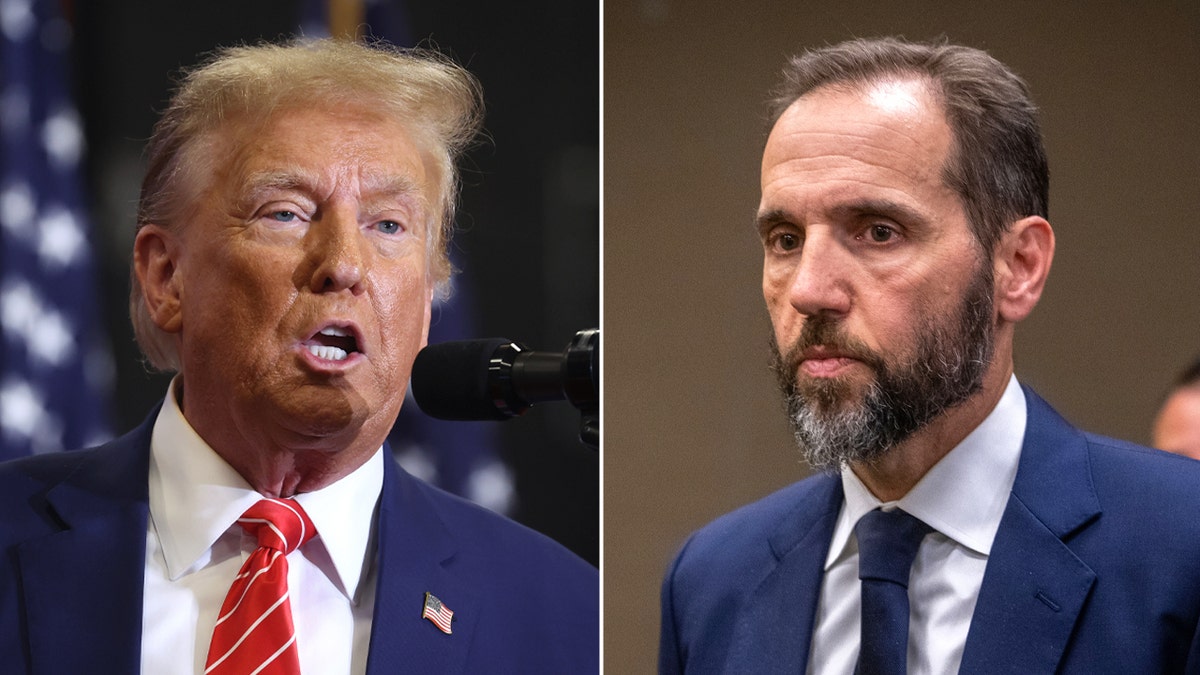
Donald Trump, left, and Jack Smith (Getty Images)
THE CHARGES
A federal judge earlier dismissed the obstruction offense against three Jan. 6 criminal defendants, ruling it did not cover their conduct on the Capitol grounds. Those defendants are onetime police patrolman Fischer, Garret Miller of the Dallas area and Edward Jacob Lang of New York’s Hudson Valley.
Fischer’s appeal was the one the high court accepted for final review.
U.S. District Judge Carl Nichols, a 2019 Trump bench appointee, determined prosecutors stretched the law beyond its scope to inappropriately apply it in these cases, ruling a defendant must have taken “some action with respect to a document, record or other object” to obstruct an official proceeding under the law.
He concluded the statute in question focused on tampering with evidence and did not apply to those allegedly engaged in “assaultive conduct” like participating in a riot.
The Justice Department challenged that ruling, and a federal appeals court in Washington agreed with prosecutors that Nichols’ interpretation of the law was too limited.
“The vast majority of courts interpreting the statute have adopted the natural, broad reading” of the provision, the three-judge appellate panel wrote, “applying the statute to all forms of obstructive conduct that are not covered” specifically under that provision.
Other defendants, including Trump, are separately challenging the use of the charge, but not as part of the current Supreme Court appeal.
The relevant statute — 18 U.S. Code Section 1512(c)(2) — of the Corporate Fraud Accountability Act, part of the Sarbanes-Oxley Act, states: “Whoever corruptly … obstructs, influences, or impedes any official proceeding, or attempts to do so, shall be fined under this title or imprisoned not more than 20 years, or both.”
Congress passed the law in 2002 after the Enron financial and accounting scandal. Executives at the Texas-based energy company were charged with fraud, and the company eventually went bankrupt.
Judge Nichols in his ruling in the Miller case cited then-Sen. Biden, who referred to the new provision at the time as “making it a crime for document shredding.”
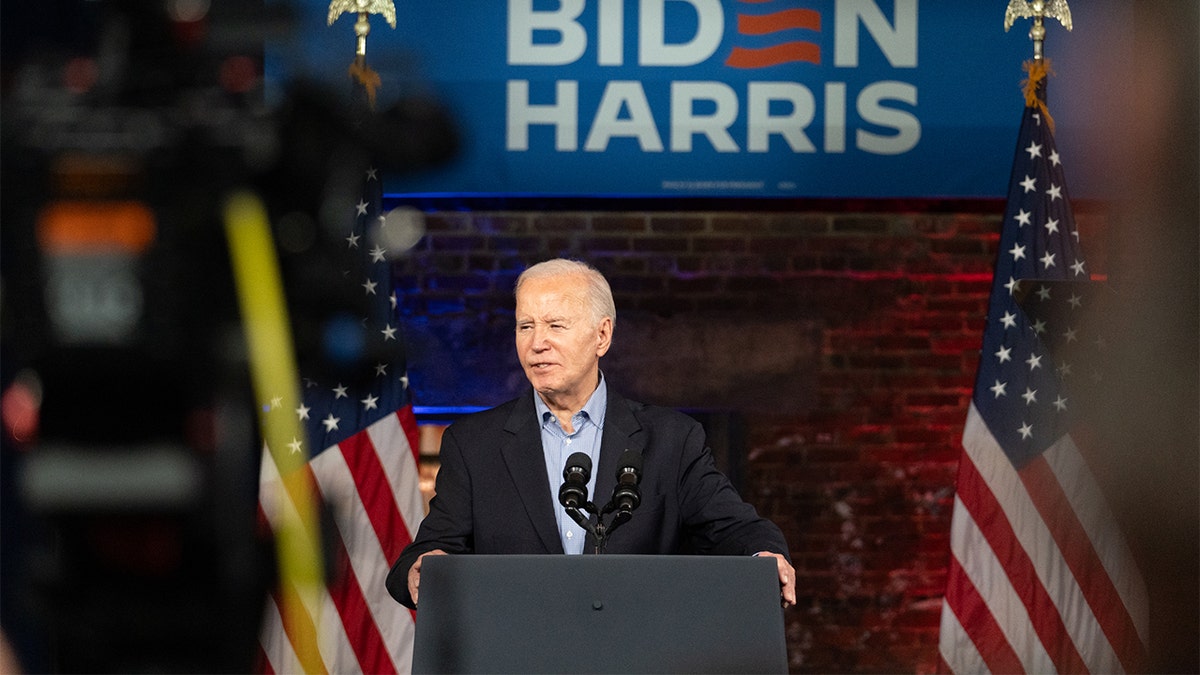
President Biden speaks at a campaign event at Pullman Yards March 9, 2024, in Atlanta. (Megan Varner/Getty Images)
COMPETING CLAIMS
Both the government and Fischer, who was a North Cornwall Township Police officer in Pennsylvania at the time, offer contrasting accounts of his actions on Jan. 6, 2021.
His lawyers in their high court appeal say Fischer “was not part of the mob that forced the electoral certification to stop; he arrived at the Capitol grounds well after Congress recessed.”
And while he admits entering the Capitol building and pushing his way through the crowd, Fischer claims he also helpfully returned a pair of lost handcuffs to a U.S. Capitol Police officer. After being pepper-sprayed by law enforcement, the defendant then says he left the complex just four minutes after entering.
But the Justice Department says Fischer “can be heard on the video yelling ‘Charge!’ before pushing through the crowd and entering the building. Once inside, petitioner ran toward a line of police officers with another rioter while yelling” a profanity.
And the government points to text messages he sent just before attending the “Stop the Steal” rally where President Trump spoke and the subsequent march to the Capitol.
“Take democratic congress to the gallows,” he said in one post, and, “Can’t vote if they can’t breathe.. lol.”
Fischer has pleaded not guilty to several charges, including disorderly and disruptive conduct; assaulting, resisting or impeding law enforcement officers; civil disorder; and the obstruction count. His trial is pending.
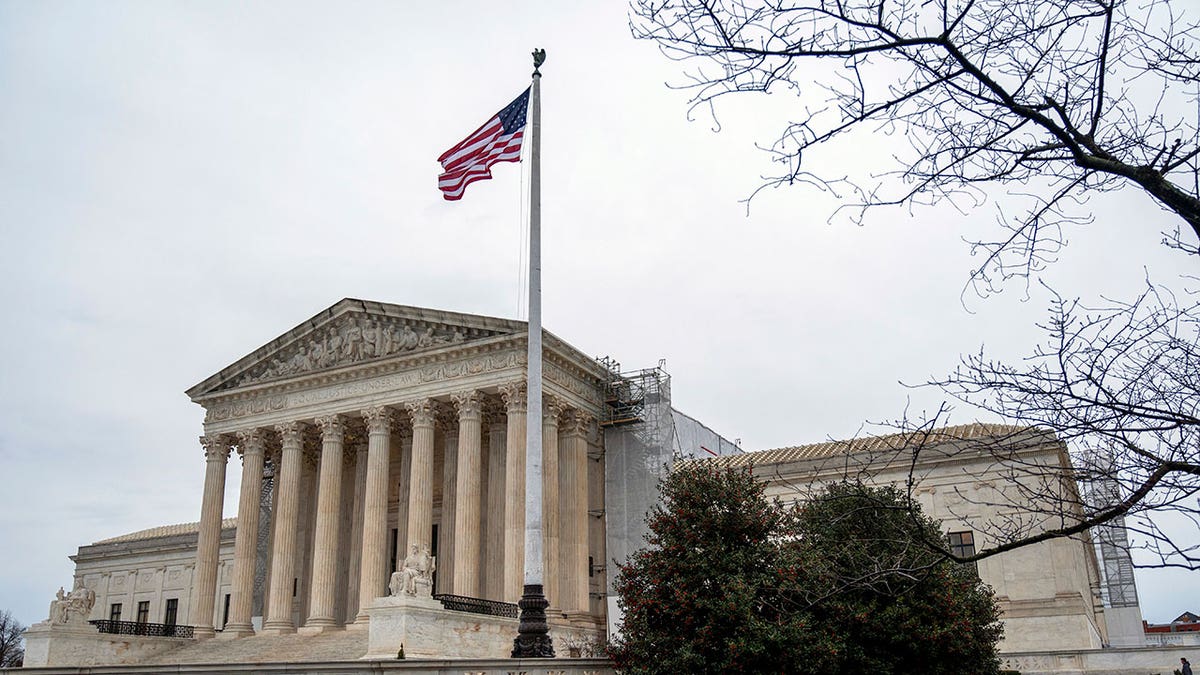
The Supreme Court Feb. 28, 2024, in Washington. (AP Photo/Jacquelyn Martin, File)
His legal team argues hindering or affecting an official proceeding is too ambiguous, as applied to Fischer’s conduct on the Capitol grounds.
“That definition encompasses lobbying, advocacy, and protest, the very mechanisms that citizens employ to influence government. These are all forms of political speech that the First Amendment protects.”
But the government says Congress in enacting the statute meant it to be applied widely, to include “corruptly engaging in conduct to obstruct court, agency, and congressional proceedings.”
MARJORIE TAYLOR GREENE’S RED LINE ON SPEAKER JOHNSON
“The proof in this case would show that on January 6, 2021, petitioner and other rioters corruptly sought to prevent Congress from counting the certified votes of the Electoral College in the joint session,” said government lawyers.
Some legal scholars say the conservative high court may be wary of giving the government too much leeway.
“Prosecutors love obstruction statutes, and they love conspiracy statutes, because those statutes are so broad and can be applied in a variety of circumstances to encompass all sorts of conduct,” said Thomas Dupree, a leading appellate attorney and former top Bush Justice Department official.
“The Supreme Court is going to look at what was Congress trying to do when it criminalized these things? Did Congress really intend these laws to sweep so far? And can you take a statute that was enacted to address, for example, corporate crimes and apply it to what happened on Jan. 6?”
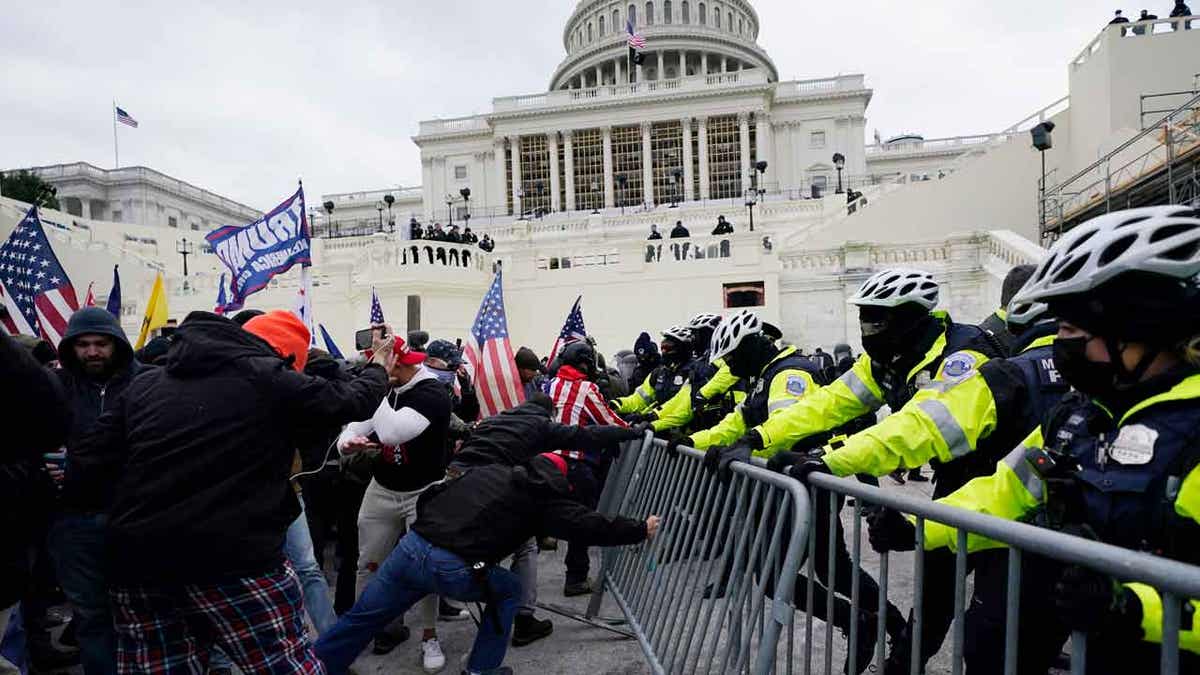
A scene from the Jan. 6 riot at the U.S. Capitol in 2021. (AP Photo/Julio Cortez, File)
TRUMP FACTOR
How a Supreme Court ruling in the Fischer case would affect Trump’s separate prosecution for alleged election interference is unclear. If Fischer prevails, the former president could then ask the federal courts to formally dismiss his own obstruction charge.
That could prompt a new round of separate legal appeals that might go back to the Supreme Court for final review.
Nine days after oral arguments in the Fischer case, the justices will hold a public session to debate whether Trump enjoys absolute immunity from prosecution for conduct in office when allegedly seeking to overturn the 2020 election results and certification.
CLICK HERE TO GET THE FOX NEWS APP
That has paused Trump’s criminal conspiracy and obstruction trial indefinitely.
The separate challenge over the obstruction charge would also likely push the schedule well into next year.
The pending high court case is Fischer v. U.S. (23-5572). A ruling is expected by early summer.





